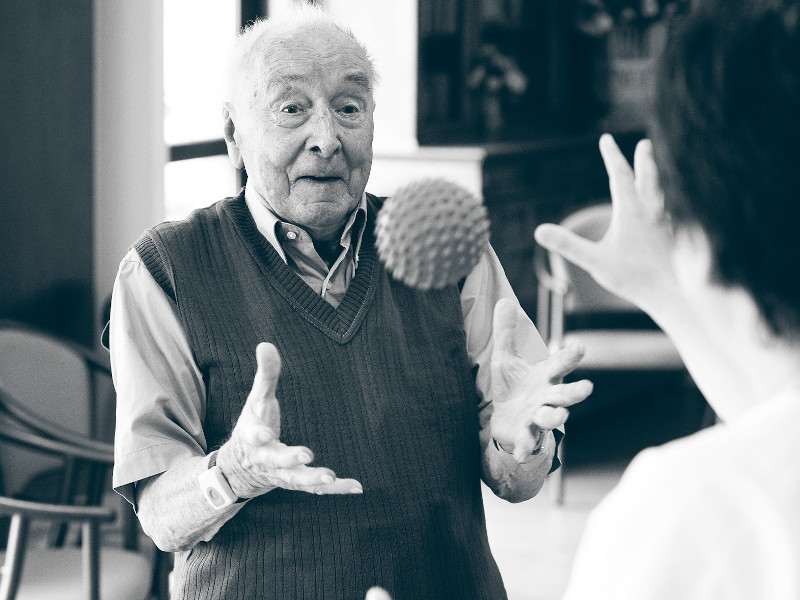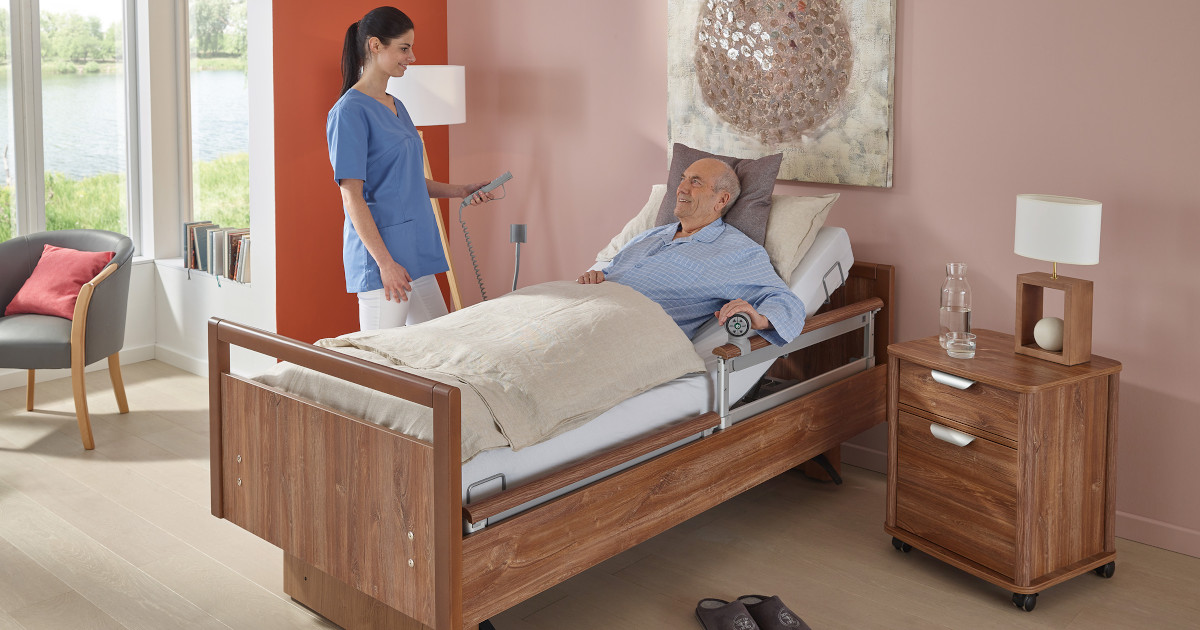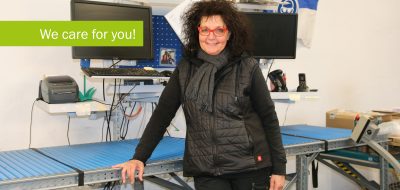At some point, there comes the time when you have to honestly ask yourself the question: Can I still live completely independently in my own home, do I need assistance in the meantime, or is it perhaps even time for a move or for the use of professional care? It is not only important to find the right time for this decision, but also to make a conscious choice of the new home. An overview of the various forms of geriatric care can help here:
Outpatient care
If the step of leaving your own home is too big, the model of outpatient care offers itself. The biggest advantage here is probably that those affected are not uprooted from their familiar surroundings. Outpatient care can be provided by relatives, but also by professional care services. Especially the latter variant can lead to a great relief of the own family. The time spent together can then be used for positive experiences, such as outings and walks. Depending on how much time relatives can devote to the continued care of their loved ones, outpatient care provided by external care services can also be supplemented by offers such as meal or delivery services (e.g. Meals on Wheels) The mobility and independence of those affected will probably naturally continue to deteriorate as they get older. If care is to continue to be provided exclusively at home, it may be necessary to convert the home to make it suitable for the elderly, i.e. barrier-free.

Assisted living
Assisted living is particularly suitable for those who are still mobile and largely independent. This form of geriatric care takes the form of separate apartments that are rented by the residents. As a rule, these apartments are located close to an associated retirement home or outpatient care service, or even on the same premises. The apartments are equipped to meet the needs of the elderly. It is possible to take advantage of any professional assistance that may be required. Thus, for example, with slowly decreasing independence, necessary care measures, or also services for the household such as laundry service or driving and escort services can be added.
Senior living community
Senior living communities are similar to assisted living. However, as the name suggests, several people share an apartment. As a rule, all residents have their own room, but share the kitchen and bathroom. In this form of geriatric care, they live independently and master everyday life together. This creates a feeling of togetherness that helps to combat the loneliness often feared in old age. People help each other here; there is always someone there. Of course, this offer can be supplemented for each individual, e.g. by an outpatient care service – depending on need. Professionally supervised WGs usually also provide permanent contact persons.
Nursing home
The retirement or nursing home is familiar to most. Unfortunately, many seniors are afraid of being „shunted off“ to such a home and forgotten by their relatives. Yet this is the best place to receive comprehensive, professional care. A contact person is available at all times of the day, and there is usually a social program such as handicrafts, singing or community games. In this way, residents can find a sense of belonging. Everyone can retreat to their own room, which can be furnished with their own furniture, for example. This form of geriatric care relieves the burden on relatives immensely and they can concentrate fully on creating pleasant moments for their loved ones during their visits.

With all the different forms of geriatric care, the costs naturally also play a major role. It always depends on the degree of care of the person concerned. In any case, it is important to address the wishes and concerns of the senior citizens together with their relatives and to talk about their ideas as early as possible.






